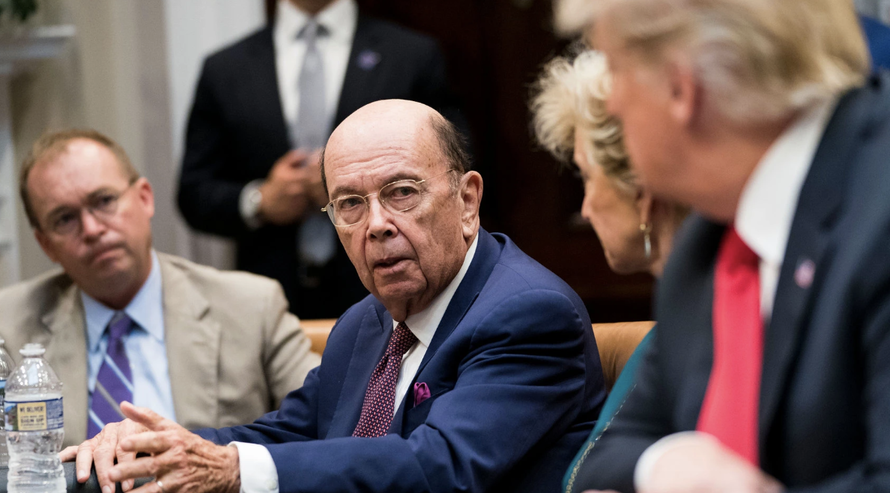In a court decision that sets up a legal battle that will likely be decided by the Supreme Court, a federal court in New York has blocked the Trump Administration’s plans to add a ‘citizenship question’ to the census – handing a victory to civil rights groups who said the question would help disenfranchise minority voters.
According to the New York Times, the ruling “marks the opening round in a legal battle with potentially profound ramifications for federal policy and for politics at all levels.” Opponents of the policy argued that Commerce Secretary Wilbur Ross had tried to force the question onto the Census under false pretenses, violating laws intended to ensure that the Census heeds the public interest.
Though it’s worth noting that a similar question was asked on Census surveys before 19060. Roughly 24 million noncitizens live in the US, of these some 11 million are believed to be living illegally in the country.
At first blush, the central question of the lawsuit – whether the 2020 census should ask respondents if they are citizens – seems mundane enough. A similar question was asked in most federal censuses before 1960, and it is still asked by the Census Bureau in the American Community Survey, which samples about 2.6 percent of the population each year.
But opponents argued that adding the question to the census itself would undermine the constitutional mandate to count every person, regardless of citizenship, because it would discourage noncitizens from filling out the questionnaire for fear of persecution. That was especially true, they said, in light of the Trump administration’s open hostility toward some immigrant groups and its campaign to round up and deport undocumented residents.
In theory, the citizenship question might cause some to lie or ignore the census, causing an undercount that could skew decisions from apportioning federal funding to the distribution of Congressional districts. The figures will be used to reapportion seats in the House in 2021.
Ross argued that he was trying to add the question following a request from the DOJ, which argued that the question was needed to enforce the Voting Rights Act. But the court found this explanation to be lacking, as internal documents showed that he had begun considering the question days after becoming Commerce Secretary.
The official explanation from Wilbur L. Ross Jr., the commerce secretary, was that he was responding to a request the previous December by the Justice Department, which stated that census data on citizenship would help it better enforce the 1965 Voting Rights Act. The Commerce Department oversees the Census Bureau.
Under court scrutiny, Mr. Ross’s argument turned out to be incomplete. As Mr. Ross later acknowledged in another memorandum, he had begun considering the issue within days of becoming Commerce secretary in February 2017. Internal documents made public in the lawsuit showed that Justice Department officials had not asked for a citizenship question, and had rejected an initial plea from the Commerce Department to do so. Only after a monthslong campaign, capped by a telephone call by Mr. Ross to the attorney general at the time, Jeff Sessions, did the Justice officials assent.
Ultimately, DOC lawyers admitted the question wasn’t necessary to enforce the act, while the Census Bureau said the question would deter people from filling out the survey.
In sworn testimony, the department’s senior civil-rights official conceded that census data was not necessary to enforce the Voting Rights Act, and that citizenship information from the American Community Survey and its predecessor had been used for more than five decades without difficulty.
The Census Bureau itself had recommended against adding a citizenship question, estimating in an analysis in January that at least 630,000 households would refuse to fill out the 2020 questionnaire if such a question were included. Adding a citizenship question “is very costly, harms the quality of the census count, and would use substantially less accurate citizenship status data than are available from administrative sources,” the bureau’s chief scientist, John M. Abowd, wrote in a memo to Mr. Ross.
The Supreme Court is expected to issue a final ruling on the issue before Census surveys start printing this summer.
via RSS http://bit.ly/2Dc6Pta Tyler Durden
